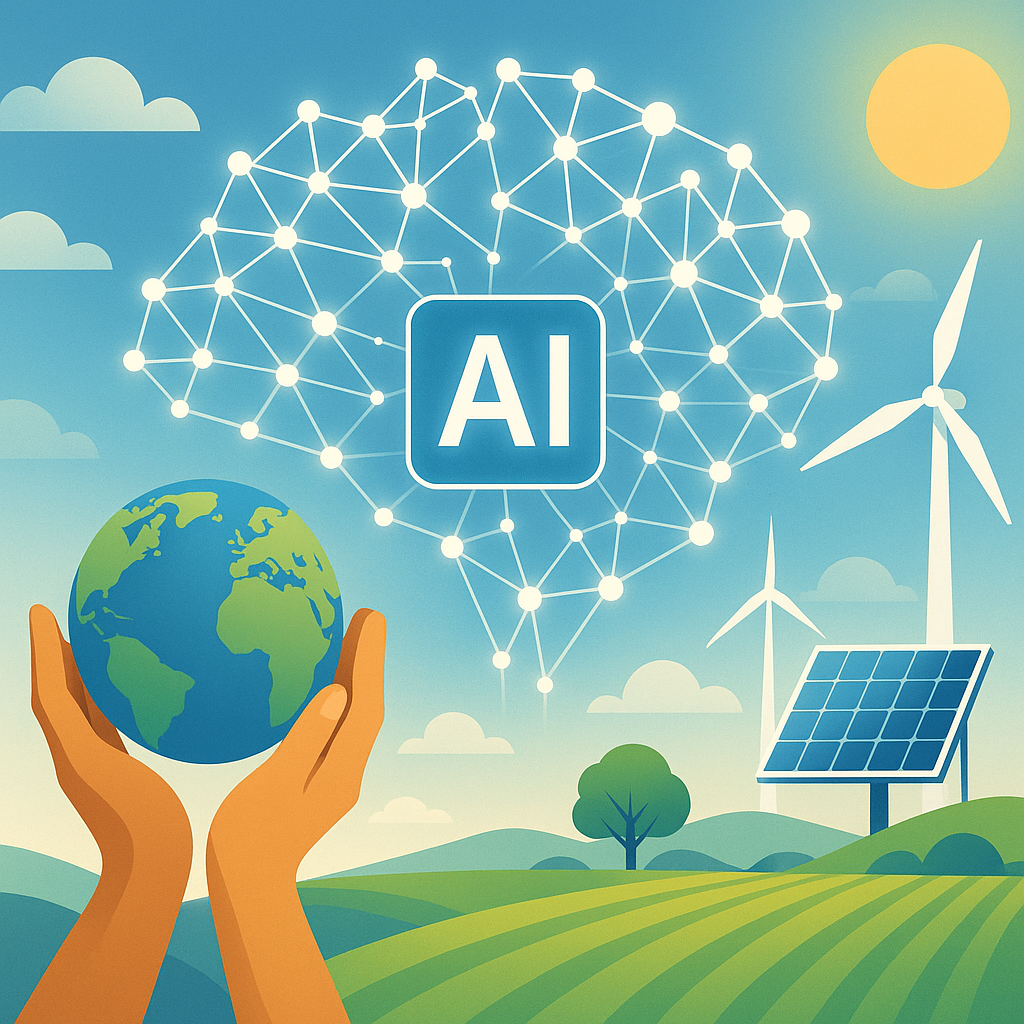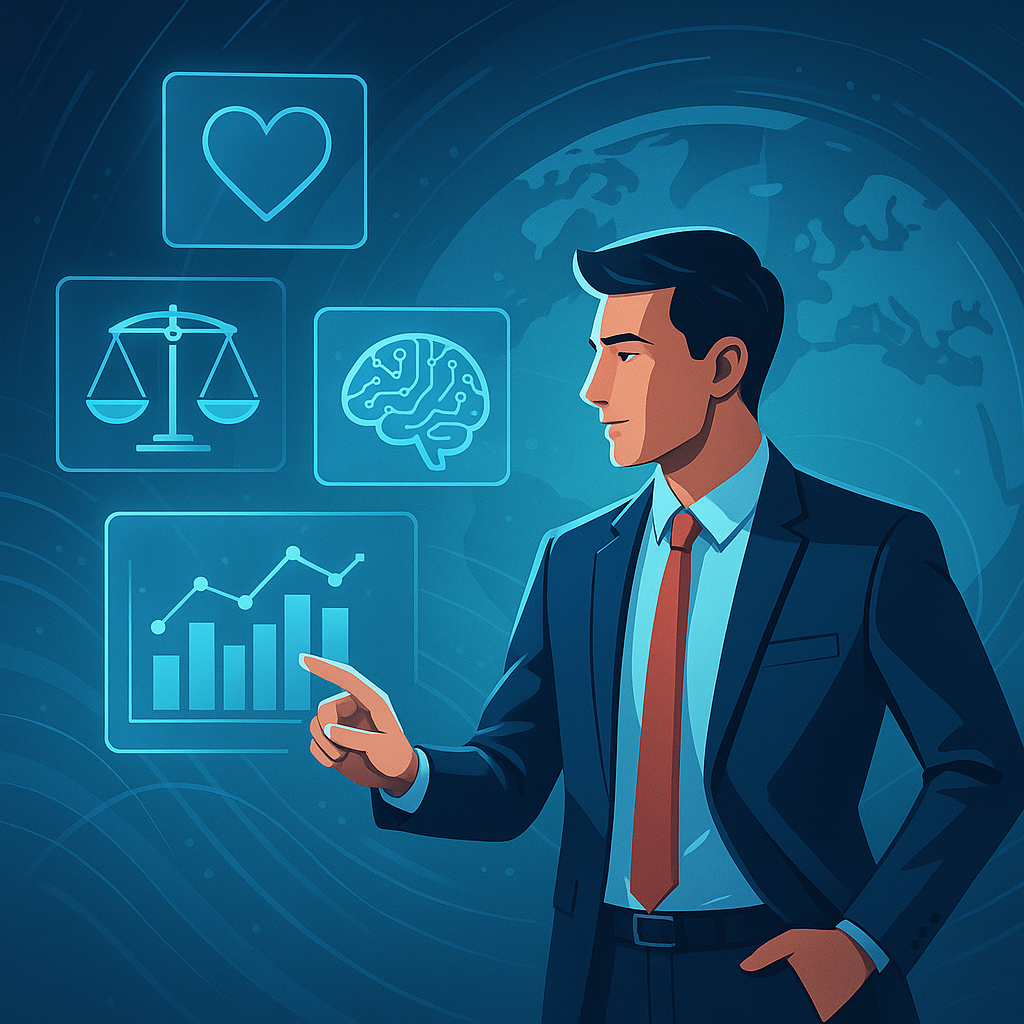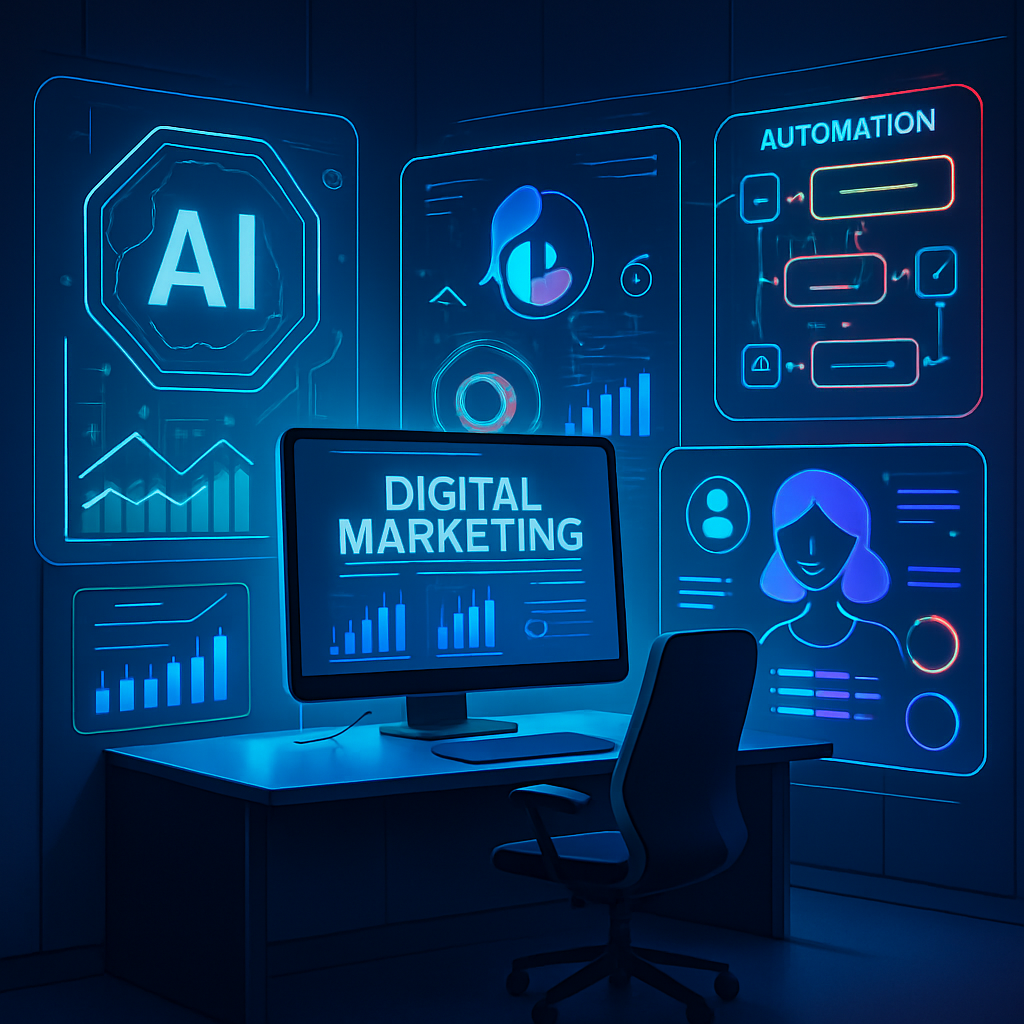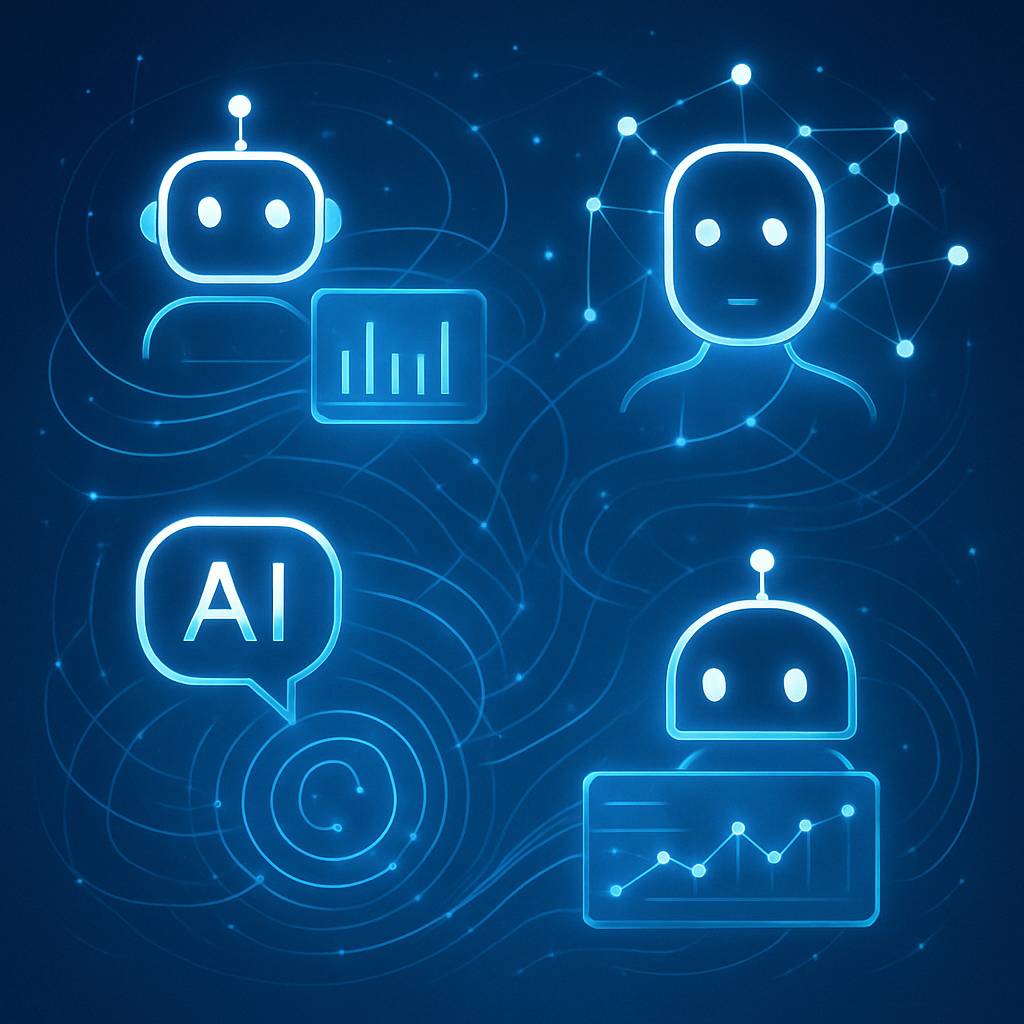
Harnessing AI for Good: Transforming Humanitarian Aid and Sustainable Development in 2025
The Rise of AI for Good in Humanitarian Efforts
In 2025, artificial intelligence (AI) continues to cement its role beyond commercial applications, emerging as a powerful catalyst for social impact. The concept of "AI for good" has become a global movement where cutting-edge technology solves some of humanity's most pressing challenges, notably in humanitarian aid and sustainable development. With increasing climate disruptions, global health crises, and persistent inequality, AI's adaptive capabilities offer unprecedented opportunities to enhance effectiveness and speed in aid delivery while advancing long-term sustainability goals.
Transforming Crisis Response with AI
One of the most critical arenas for AI impact is crisis response. AI-driven tools now provide humanitarian agencies with real-time insights that radically improve decision-making during natural disasters and conflicts.
Early Warning Systems: Advanced AI models analyze satellite imagery, meteorological data, and social media signals to predict events such as floods, hurricanes, and wildfires. These predictions give communities and responders crucial lead time to prepare and evacuate.
Damage Assessment: After disasters, AI-powered drones and image analysis rapidly map damage extent, identifying inaccessible areas and prioritizing rescue efforts. This minimizes human risk and accelerates aid deployment.
Resource Allocation: Machine learning algorithms optimize distribution logistics, ensuring that limited supplies reach the most vulnerable populations swiftly and efficiently. This reduces wastage and improves transparency in supply chains.
For example, AI systems deployed during recent floods utilized fused multispectral satellite data processed by neural networks to identify rapidly changing water levels, enabling targeted evacuation advisories that saved thousands of lives.
Driving Sustainable Development with Intelligent Solutions
Beyond crisis response, AI fosters sustainable development by enhancing environmental management, agricultural productivity, and clean energy adoption.
Climate Monitoring and Prediction: AI models synthesize vast environmental datasets to track climate change effects and project future scenarios. Such intelligence informs policymakers and conservationists to design adaptive strategies.
Precision Agriculture: AI-powered sensors and predictive analytics optimize water use, fertilizer application, and crop selection, boosting yields while minimizing environmental impact. This supports food security amidst increasing global demands.
Renewable Energy Optimization: Intelligent control systems enhance the efficiency and integration of solar and wind power, enabling smarter grids that accelerate the transition to sustainable energy sources.
Startups worldwide are leveraging computer vision and AI-driven soil analysis to empower smallholder farmers with tailored advice via mobile applications, increasing incomes and resilience to climate impacts.
Enhancing Healthcare Access and Outcomes
In line with Sustainable Development Goal 3, AI for good is transforming healthcare delivery in underserved regions.
Telemedicine and AI Diagnostics: AI apps assist healthcare workers by analyzing medical images and symptoms, enabling early and accurate diagnosis where specialists are scarce.
Disease Outbreak Prediction: Machine learning models monitor patterns in human mobility, climate, and disease reports to forecast outbreaks, guiding preventative measures.
Supply Chain Management: AI optimizes distribution of medicines and vaccines, minimizing shortages and ensuring timely delivery even in remote areas.
As a result, innovative AI applications have supported malaria elimination campaigns by predicting hotspots and streamlining interventions, evidencing scalable impact.
Ethical and Inclusive AI: A Cornerstone for Impact
While AI's potential is vast, ethical considerations are paramount to ensure technology empowers, rather than marginalizes, vulnerable communities.
Transparency and Accountability: Developing explainable AI systems helps stakeholders understand decisions, fostering trust and reducing misuse.
Bias Mitigation: AI models trained on diverse datasets prevent perpetuation of social inequities, promoting fairness in aid distribution.
Community Participation: Involving local populations in AI solution design guarantees cultural sensitivity and relevance, enhancing adoption and outcomes.
Leading organizations advocate for open data sharing, multidisciplinary collaboration, and regulatory frameworks that prioritize human rights alongside technological innovation.
Global Collaborations Amplify AI’s Good
AI for good thrives through partnerships spanning governments, academia, NGOs, and private sector innovators.
Open Platforms: Initiatives like AI4Good provide open-source tools democratizing ai development for social impact projects worldwide.
Funding and Capacity Building: International programs now invest billions into AI startups and research targeting sustainable development challenges.
Knowledge Exchange: Cross-sector conferences and networks foster sharing of best practices and lessons learned, accelerating innovation diffusion.
This ecosystem approach ensures AI solutions address complex systemic issues holistically rather than in isolation.
Looking Ahead: Sustaining Momentum Beyond 2025
The progress of AI for good in 2025 signals an inspiring trajectory where technology acts as a beacon of hope and empowerment. Yet, realizing AI’s full potential demands sustained commitment to equity, ethical rigor, and continuous innovation.
Integrating AI tools into humanitarian and sustainable development frameworks enables agile, data-driven interventions that save lives, restore ecosystems, and foster self-reliance. As machine learning algorithms grow more sophisticated and accessible, possibilities abound for creating a just and resilient future globally.
In sum, harnessing AI for good is not simply a technological endeavor but a profound human enterprise—one that redefines collaboration between people and intelligent machines to uplift humanity’s most vital causes.







